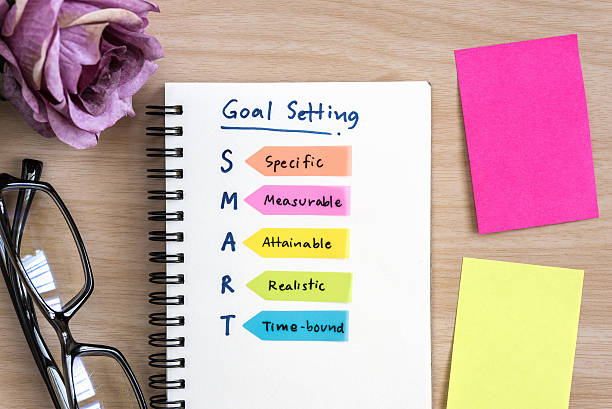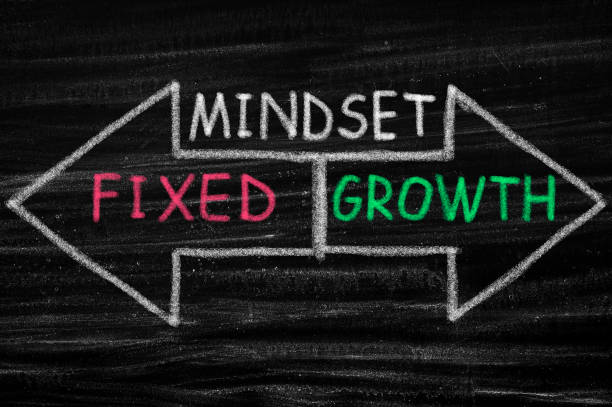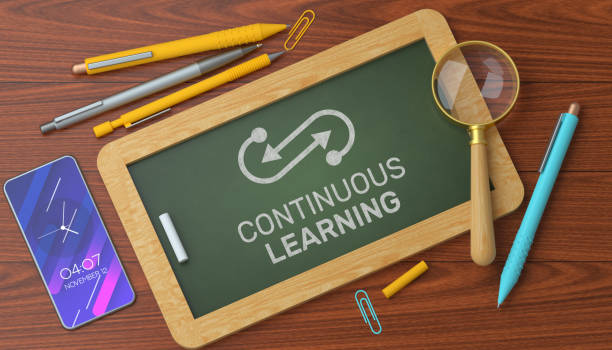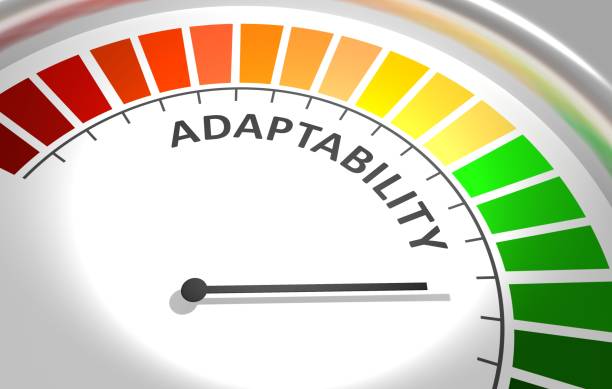In today’s fast-paced world, the pursuit of self-improvement is more relevant than ever. The journey to becoming the best version of yourself involves continual learning, self-reflection, and proactive efforts to enhance various aspects of your life. Here, we explore several self-improvement techniques that can help you unlock your full potential.
1. Set Clear Goals

Setting clear, achievable goals is a fundamental step in self-improvement. Goals give you direction and a sense of purpose. Follow these steps to set effective goals:
- Be Specific: Clearly define what you want to achieve.
- Measurable: Ensure your goals are quantifiable.
- Achievable: Set realistic goals that are attainable.
- Relevant: Align your goals with your broader life objectives.
- Time-bound: Set deadlines to create a sense of urgency.
2. Adopt a Growth Mindset

A growth mindset, a concept popularized by psychologist Carol Dweck, is the belief that your abilities and intelligence can be developed through dedication and hard work. This mindset fosters resilience, a love for learning, and a willingness to embrace challenges. To cultivate a growth mindset:
- Embrace Challenges: View obstacles as opportunities to learn and grow.
- Learn from Criticism: Use feedback constructively to improve.
- Celebrate Effort: Recognize and reward the effort rather than just the outcome.
- Persist: Stay committed even when faced with setbacks.
3. Practice Self-Reflection

Self-reflection involves taking the time to think deeply about your actions, thoughts, and experiences. This practice can help you understand your strengths and areas for improvement. To practice self-reflection:
- Journaling: Write about your daily experiences and feelings.
- Meditation: Spend quiet time reflecting on your thoughts.
- Seek Feedback: Ask for input from trusted friends or mentors.
4. Cultivate Positive Habits

Habits are powerful drivers of behavior. By cultivating positive habits, you can make significant improvements in your life. Start with small changes that are easy to integrate into your daily routine. Some effective habits include:
- Exercise Regularly: Physical activity boosts your mood and energy levels.
- Read Daily: Reading expands your knowledge and stimulates your mind.
- Practice Gratitude: Regularly acknowledging what you are grateful for can improve your outlook on life.
5. Manage Your Time Effectively

Time management is crucial for productivity and achieving your goals. By managing your time well, you can ensure that you make the most of each day. Consider these strategies:
- Prioritize Tasks: Focus on the most important tasks first.
- Use a Planner: Keep track of your schedule and deadlines.
- Avoid Procrastination: Break tasks into smaller steps to make them more manageable.
- Set Boundaries: Learn to say no to tasks that do not align with your goals.
6. Develop Emotional Intelligence

Emotional intelligence (EI) is the ability to understand and manage your emotions and the emotions of others. High EI can improve your relationships and decision-making skills. To enhance your EI:
- Practice Empathy: Try to understand things from others’ perspectives.
- Improve Communication: Be clear and assertive in expressing your thoughts and feelings.
- Manage Stress: Learn techniques to stay calm and composed under pressure.
7. Invest in Continuous Learning

The world is constantly evolving, and continuous learning is key to staying relevant and achieving personal growth. To foster a habit of lifelong learning:
- Take Courses: Enroll in classes that interest you or advance your career.
- Read Widely: Explore different genres and subjects.
- Stay Curious: Always be open to learning new things.
8. Surround Yourself with Positive Influences

The people you spend time with can greatly impact your mindset and behavior. Surround yourself with individuals who inspire and support your growth. To create a positive environment:
- Network: Connect with like-minded individuals who share your goals.
- Seek Mentorship: Find mentors who can provide guidance and support.
- Limit Negative Influences: Distance yourself from those who bring negativity into your life.
9. Practice Self-Care

Self-care is essential for maintaining your physical, mental, and emotional well-being. By taking care of yourself, you ensure that you have the energy and resilience needed to pursue your goals. Effective self-care practices include:
- Sleep Well: Aim for 7-9 hours of quality sleep each night.
- Eat Healthily: Consume a balanced diet rich in nutrients.
- Take Breaks: Allow yourself time to rest and recharge.
10. Embrace Change and Adaptability

Change is inevitable, and the ability to adapt is a crucial component of Self-improvement techniques. Embrace change with an open mind and be willing to adjust your strategies and goals as needed. To enhance adaptability:
- Stay Flexible: Be open to new ideas and ways of doing things.
- Learn from Experience: Use past experiences to inform future decisions.
- Maintain a Positive Attitude: Focus on the opportunities that change can bring.
Conclusion
Self-improvement techniques is a lifelong journey that requires commitment, patience, and a willingness to grow. By implementing these techniques, you can enhance various aspects of your life and move closer to becoming the best version of yourself. Remember, the key to self-improvement lies in consistent effort and a positive mindset. Start small, stay persistent, and celebrate your progress along the way.
FAQs
Q1: How do I start with self-improvement?
A1: Begin by identifying areas you want to improve. Set clear, achievable goals and create a plan. Start small and gradually incorporate new habits and techniques into your daily routine.
Q2: How can I stay motivated in my self-improvement journey?
A2: Stay motivated by setting realistic goals, celebrating small victories, and maintaining a positive mindset. Surround yourself with supportive people and regularly review your progress.
Q3: What are some effective time management techniques?
A3: Effective time management techniques include prioritizing tasks, using planners or to-do lists, avoiding multitasking, and setting aside specific times for focused work.
Q4: How can I improve my emotional intelligence?
A4: Improve emotional intelligence by practicing self-awareness, managing your emotions, developing empathy, and improving your communication skills.
Q5: What are some good habits for personal growth?
A5: Good habits for personal growth include regular exercise, healthy eating, continuous learning, journaling, practicing mindfulness, and maintaining a positive attitude.





